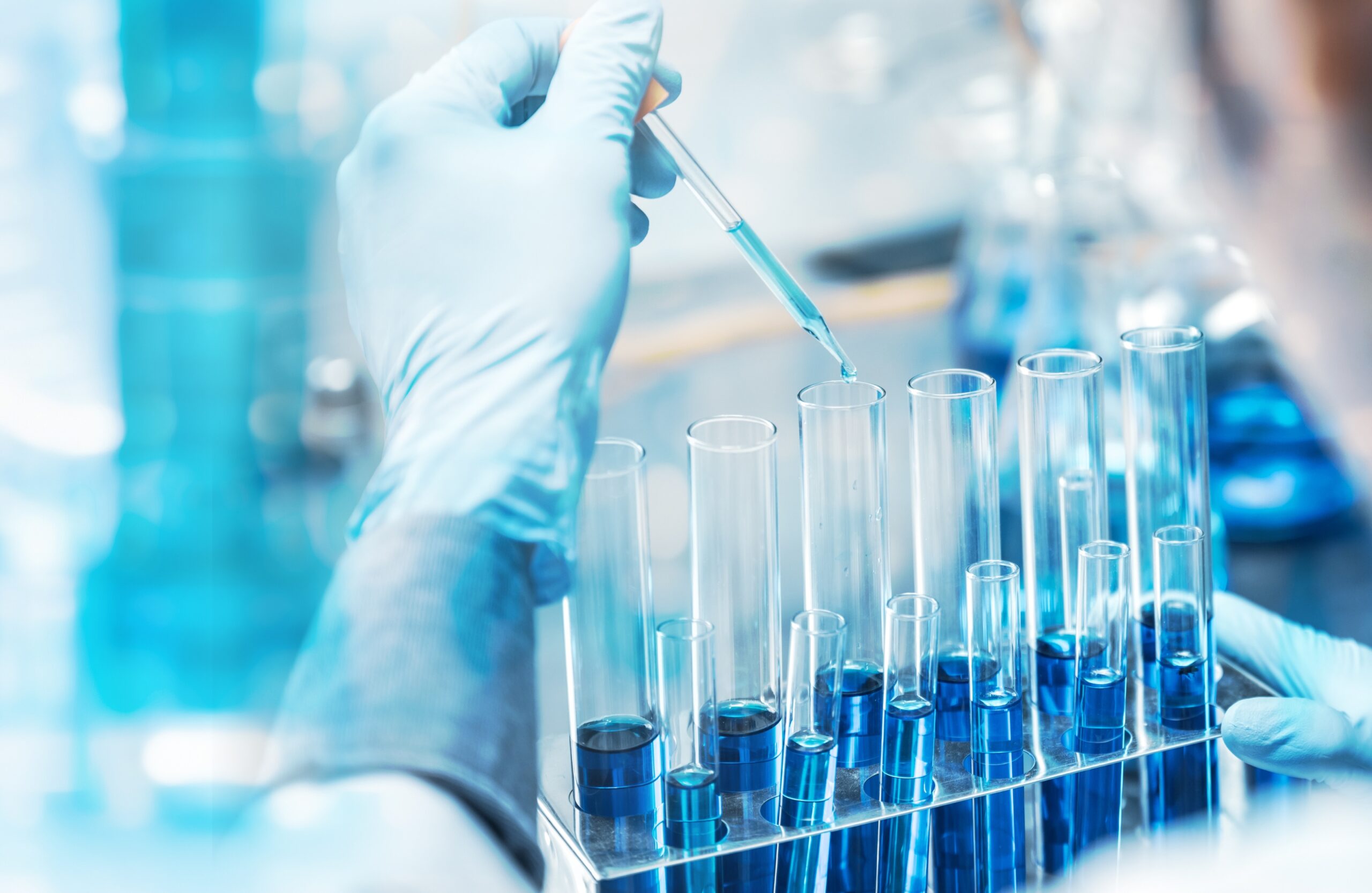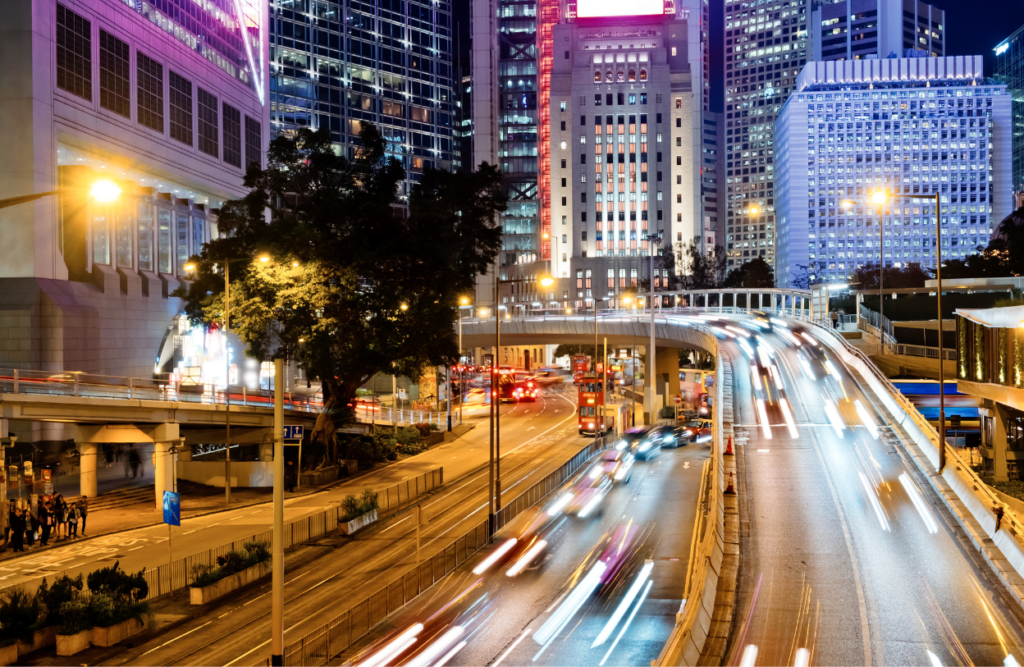Can traditional supply chains support the future of Cell & Gene Therapeutics?

By TransVoyant Team
Modern logistics complexity, data intensity, and scalability costs have changed the landscape traditional supply chain models used to excel in. Companies and teams with products founded on a combination of recent research innovations feel this change most acutely. For example, in the biomedical and biotechnology space, Cell and Gene Therapeutics (CGT) has seen massive strides in progress for treating cancers, genetic disorders like sickle cell anemia, and acquired diseases like diabetes. However, that progress comes at the cost of being unsupported by traditional value chain systems and thus poses scaling difficulties without massive logistics overhauls.
Team Pressures and Challenges
Manufactured by teams who often act like innovative startups within larger organizations, CGTs frequently need extremely complex transportation processes due to their fragile nature and treatment-specific supply chains. One type, allogenic therapies, requires painstaking quality control and cell processing from donor to patient. As for another type, autologous treatments are time-bound due to the cell life cycle itself, as they are extracted from and returned to the patient within a treatment window. On top of this complexity, many CGTs have ultra-cold requirements layered into their white glove logistics.
The overall process for these therapies is high-risk at every step, additively dealing with genomic barcodes unsupported by traditional barcode scanning, tight delivery schedules linked to patient needs, and heavy reliance on unpredictable commercial flights. Logistics teams face constant pressure to get it right.
Supporting Success with TransVoyant
To support CGT logistic success, supply chain leaders can turn to TransVoyant’s decision intelligence platform to apply supply chain orchestration and data analytics integration, creating a fully adaptive supply chain. For CGT, the key benefit here is orchestration’s ability to cross-reference all data sources necessary for CGT logistics, from patient or hospital scheduling, individual transport routes or lane usage, and sensor tracking data. When these large inputs of data are taken and analyzed through our HIPPAA-certified platform, the Machine cross-references the data with outside events and runs analytics on it. The analytics are then processed and clarified to suggest actions for better, more efficient decision-making based on temperature, scheduling, weather, and more.
In precise, high-stakes environments like CGT logistics, decision intelligence becomes a crucial tool when traditional supply chains fall short. TransVoyant can help CGT supply chain leaders by translating complex data into clear insights, making it easier to persistently bring holistic care to patients and success to critical supply chains.



